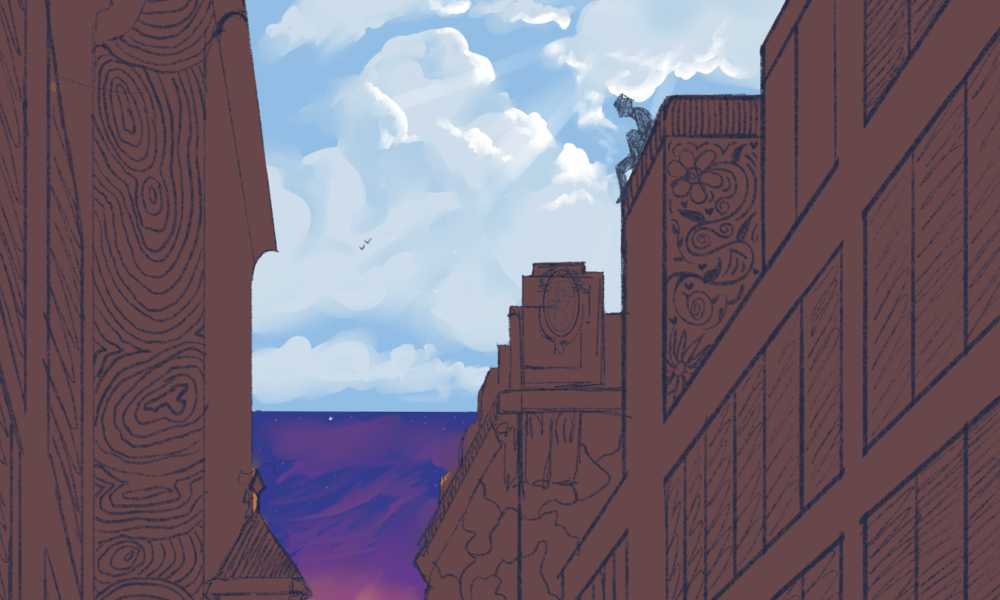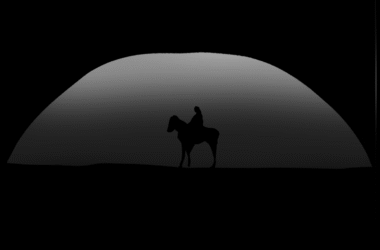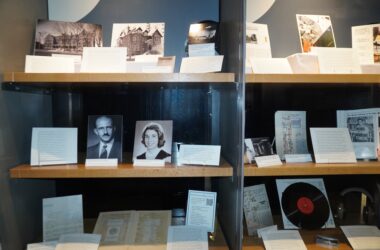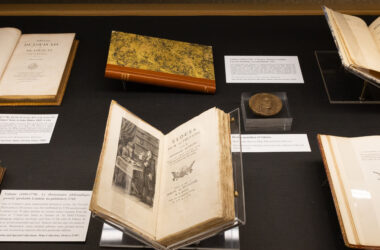On Sept. 2, Canadian writer, musician, and poet Robyn Sarah released her first new poetry collection in a decade titled We’re Somewhere Else Now. She won both the 2015 Governor General’s Award for poetry and the Canadian Jewish Literary Award for poetry, and in 2025, her work was nominated for the National Magazine Award, a testament to her writing. Her highly anticipated collection delves into the intricacies of human life, frequently reflecting on the COVID-19 pandemic and the lockdown in a major city such as Montreal. The new work is simultaneously raw and emotionally vulnerable, while also displaying Sarah’s stylistic and poetic talents.
Sarah’s familiarity with Montreal seeps into her poems and grounds the work in an intricately crafted setting. She attended McGill University and has lived in Montreal for many years; this love and concern for the city is reflected in her careful consideration of location. Sarah places her poems in specific areas—and even streets of the city—creating a map of life in Montreal.
Containing poems written from 2016 to 2024, the collection is split into two distinct parts. The first half is comprised of a series of short poems exploring the central themes of grief, memory, nostalgia, and change. These universal concepts are depicted through mundane scenes of everyday life rooted in specificity, heavy imagery, and metaphors. The book opens with “Chandelier”: “I woke up one day and the world was out there, roaring and / being the world, almost as though nothing had happened,” setting the tone for the pieces that follow. This poem confronts the idea that, despite catastrophic change in the world, there is a natural human desire to ignore it and move forward with life. Sarah writes, “It was a kind of chandelier that hung there above our heads [….] But no one was looking up.” While this poem captures the audience’s attention by opening the collection on a dramatic and bleak note, the work as a whole shifts between tones of despair and hopefulness, depicting the multifaceted human reaction to change and modern life.
These pieces also grapple with current societal anxieties. The collection is dedicated to “my generation,” and several poems reflect on the emotional weight of lockdown, as well as the overwhelming nature of change. In “In Lockdown,” the speaker recalls finding graffiti in both French and English, documenting the bleak and depressing experiences of isolation during the pandemic in Montreal. In contrast, other poems, such as “Street Hockey on Hutchison and Villeneuve, 1981,” draw on memories of a past Montreal to show that things have not always been this desolate. The two poems create a deep contrast, emphasizing what has been lost.
While the first explores a myriad of themes, illustrating highly specific events, the second half features only one poem titled “Into the Wilderness”—the true heart of the collection. This long, meandering poem is broken into six sections, at times going from highly philosophical and abstract to a more grounded style that mirrors the complex thought patterns of the speaker. While the poem attempts to explore ideas of religious faith, hope, and the human experience, the most intriguing part is the personified character of ‘Doubt.’ Sarah varies her descriptions of Doubt across stanzas, describing him as “a tall, lean, androgynous fiddler,” “the Prince of Nonsense,” and “a jester.” This fluid characterization allows Sarah to profoundly analyze her emotional experiences.
This collection grapples with contemporary life in a way that is both stylized and vulnerable, prompting the reader to reflect on their own lives and emotional experiences. These works form a cohesive unit, connected through shared themes and images, without feeling repetitive. Sarah’s ability to tie scenes of everyday life to highly abstract concepts and ideas results in compelling poems.
We’re Somewhere Else Now is now available for purchase online.









